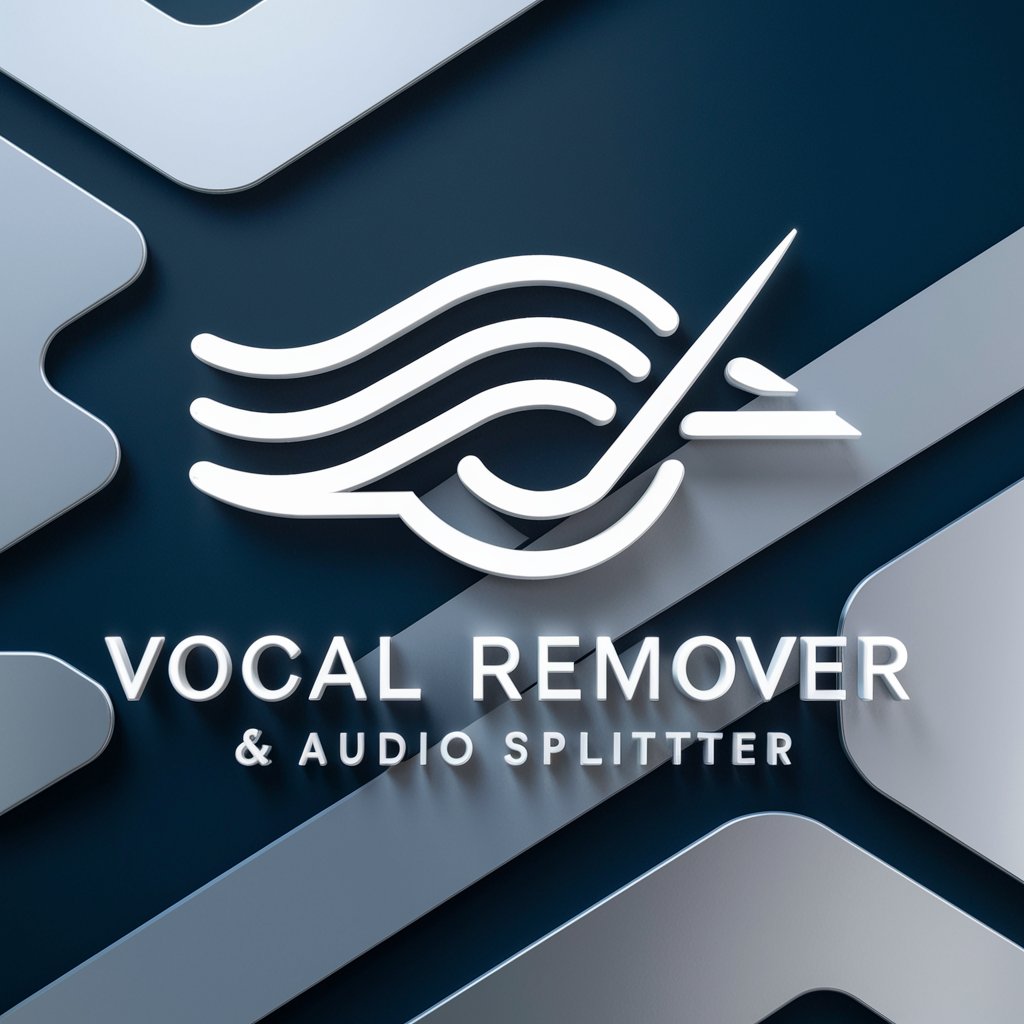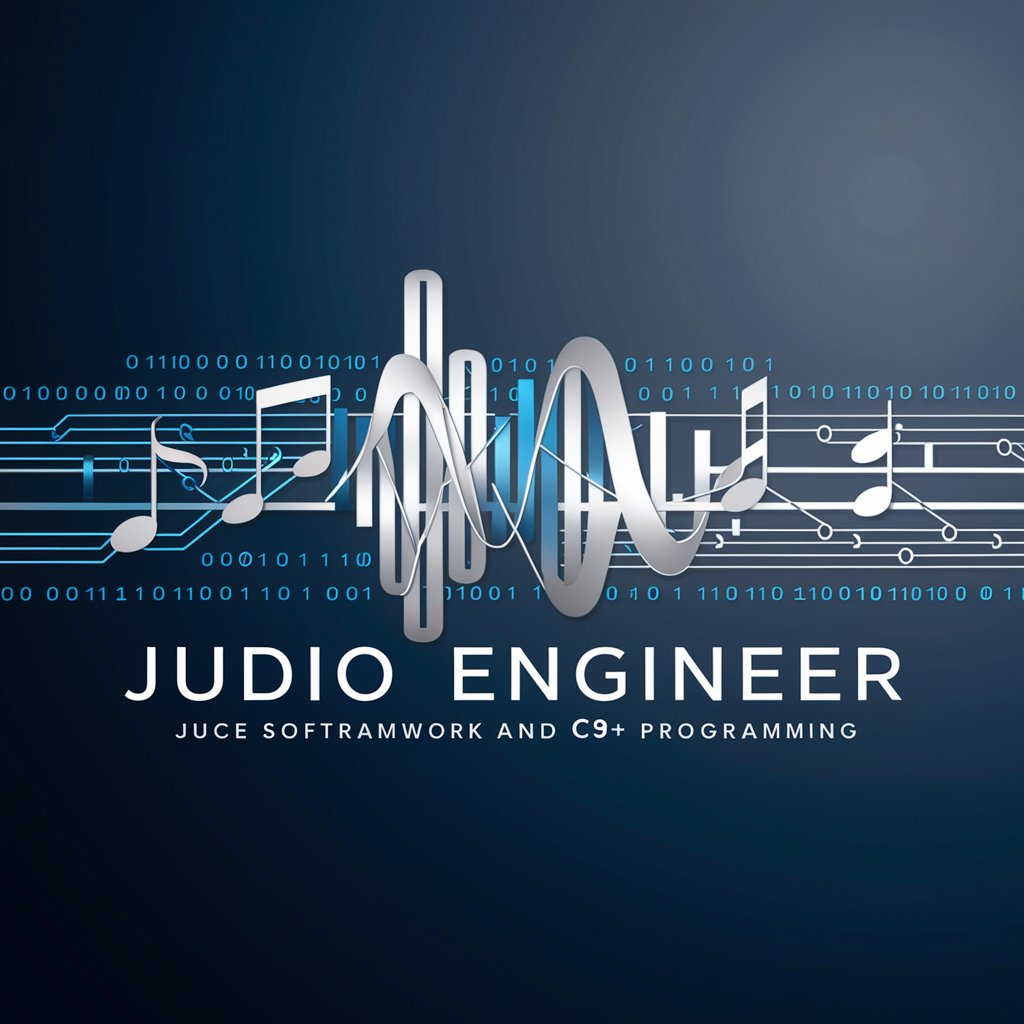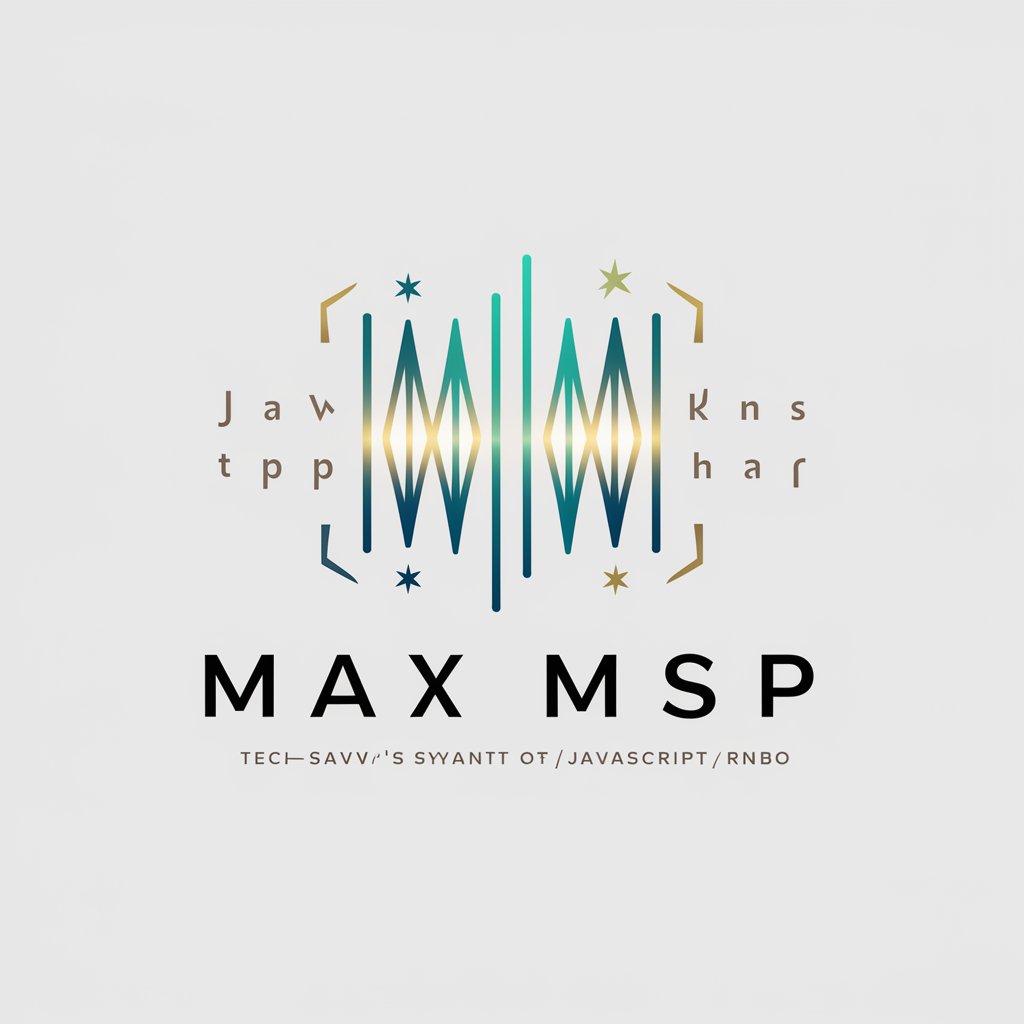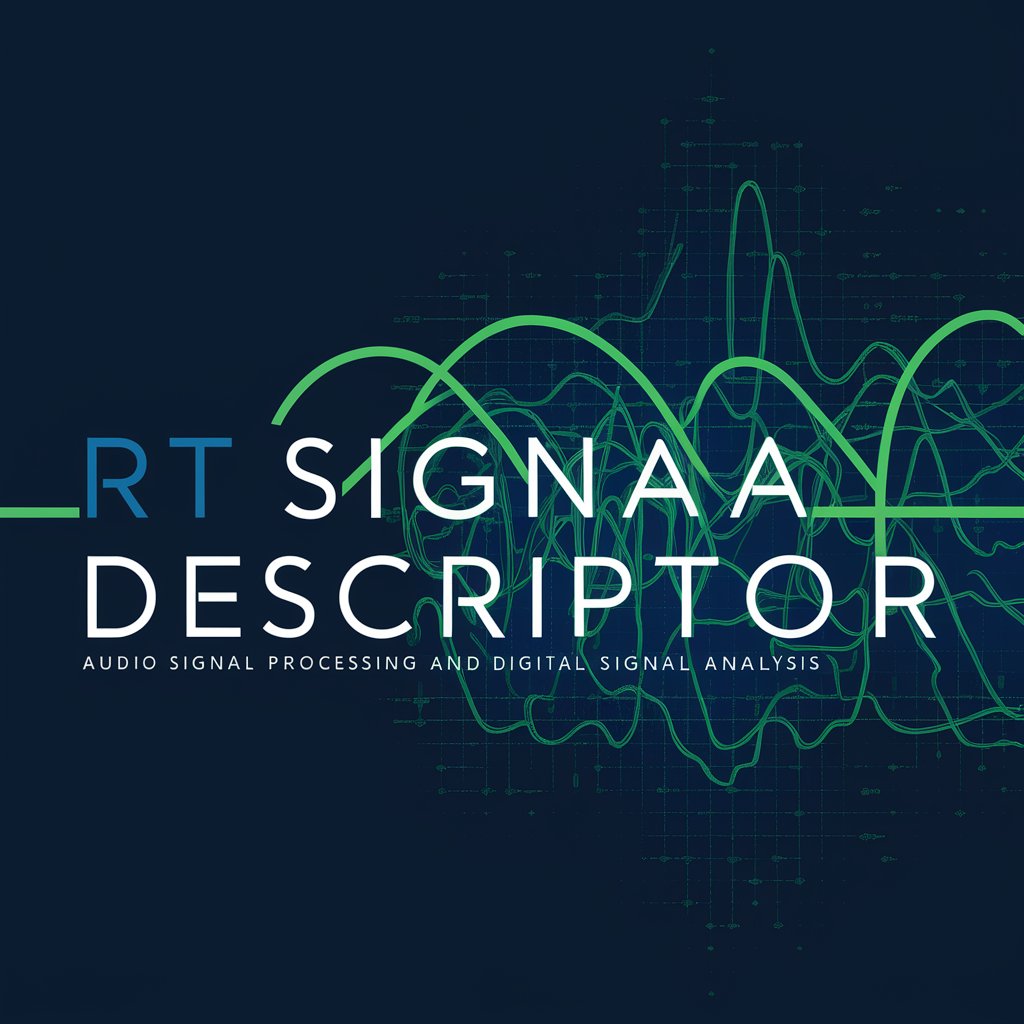18 GPTs for Audio Processing Powered by AI for Free of 2025
AI GPTs for Audio Processing are advanced generative pre-trained transformers specifically designed for handling a wide range of tasks within the audio domain. These tools leverage the power of machine learning and artificial intelligence to analyze, interpret, and generate audio content. From speech recognition to music composition, AI GPTs for Audio Processing offer tailored solutions that enhance and streamline audio-related tasks, making them highly relevant in today's digital world.
Top 10 GPTs for Audio Processing are: Data Analysis & Report AI,iPlug2GPT,Vocal Remover Acapella and Instrumental Splitter,GStreamer Helper,JUCE Master,SuperCollider Master,lil file converter,Max RNBO Specialist,ffmpegGPT,Apple AVFoundation Complete Code Expert
Data Analysis & Report AI
Empowering Decisions with AI-Powered Insights

iPlug2GPT
Elevate Your Audio Plugins with AI

Vocal Remover Acapella and Instrumental Splitter
Transform your audio with AI precision.

GStreamer Helper
AI-powered assistant for GStreamer development.

JUCE Master
Elevate Your Audio Development

SuperCollider Master
AI-driven audio programming mastery

lil file converter
transform files effortlessly with ai

Max RNBO Specialist
Powering Web Audio with AI

ffmpegGPT
Your AI-powered FFMPEG Expert

Apple AVFoundation Complete Code Expert
Elevate your media apps with AI-driven AVFoundation insights.

Best Free File Converter
Transform files effortlessly with AI

RT Signal Construct
AI-Powered Signal Analysis Redefined

PyTorch Signal Wizard
Empowering signal processing with AI

Files converter
Transform files effortlessly with AI

Flask Maestro
Elevate Music Projects with AI

文案帮助
Power Your Content with AI-Driven Subtitles

PulseAI
Advanced AI for Text, Code, and Data.

Unique Capabilities in Audio Processing
AI GPTs tools for Audio Processing stand out with their adaptability, capable of handling tasks from basic audio editing to complex sound synthesis. Key features include advanced speech recognition, language understanding, sound generation, and audio enhancement. These tools also offer capabilities in noise reduction, echo cancellation, and the creation of realistic soundscapes. Their technical support, web searching, and data analysis functionalities further distinguish them in the field of audio processing.
Who Benefits from Audio Processing GPTs?
The primary users of AI GPTs for Audio Processing include novices interested in audio editing, developers creating sophisticated audio applications, and professionals in the music, entertainment, and broadcasting industries. These tools are accessible to users without coding skills through user-friendly interfaces, while also offering extensive customization options for those with programming knowledge.
Try Our other AI GPTs tools for Free
UI Implementation
Discover how AI GPTs revolutionize UI Implementation, making design accessible to all and enhancing efficiency with smart, adaptable tools.
Quiz Generation
Explore the dynamic world of AI GPTs for Quiz Generation, the cutting-edge tools transforming quiz creation with tailored, interactive learning experiences for educators and learners alike.
Architectural Analysis
Discover how AI GPTs for Architectural Analysis are transforming the field with advanced analysis, design insights, and integration capabilities for professionals and novices alike.
Monster Creation
Discover how AI GPTs revolutionize monster creation, offering intuitive, adaptable tools for artists, writers, and developers to bring fantastical beings to life.
LEGO Hobbyists
Discover how AI GPTs for LEGO Hobbyists revolutionize building experiences with tailored design advice, creative inspiration, and a community platform.
Skills Development
Explore AI GPTs for Skills Development: Tailored, interactive tools designed to enhance learning and professional skills across various domains.
Expanding Horizons with Audio GPTs
AI GPTs for Audio Processing are revolutionizing how we interact with sound, offering unprecedented levels of customization and flexibility. They enable the development of new applications in entertainment, education, and communication, simplifying complex tasks and making high-quality audio production more accessible. The user-friendly interfaces and integration capabilities further ensure that these tools can be seamlessly adopted into various workflows.
Frequently Asked Questions
What exactly can AI GPTs for Audio Processing do?
They can perform tasks such as speech-to-text conversion, language translation in audio format, music composition, sound effects generation, and audio quality enhancement.
Are these tools suitable for beginners?
Yes, AI GPTs for Audio Processing are designed to be user-friendly, making them accessible for beginners who wish to engage in audio editing and processing tasks.
How do developers benefit from these GPTs?
Developers can leverage these GPTs to build complex audio applications with advanced functionalities such as real-time speech recognition, automated dubbing, and personalized sound generation.
Can these tools integrate with other software?
Yes, many AI GPTs for Audio Processing can be integrated with existing software and systems, offering APIs and SDKs for seamless connectivity.
Do these tools require internet access?
While some functionalities can be used offline, full access to all features, especially those involving real-time data processing or learning, typically requires an internet connection.
Are there customization options for advanced users?
Advanced users can customize these tools extensively, including tweaking algorithms for speech recognition, sound generation, and audio analysis to better suit specific needs.
What makes these tools different from traditional audio processing software?
AI GPTs for Audio Processing employ machine learning and AI, offering more sophisticated and adaptable solutions compared to traditional software, especially in tasks like understanding context in speech or generating natural-sounding audio.
Can these tools help in noise reduction for podcasts?
Absolutely, these GPTs are equipped with advanced noise reduction technologies that can significantly improve the audio quality of podcasts by removing background noise and enhancing speech clarity.